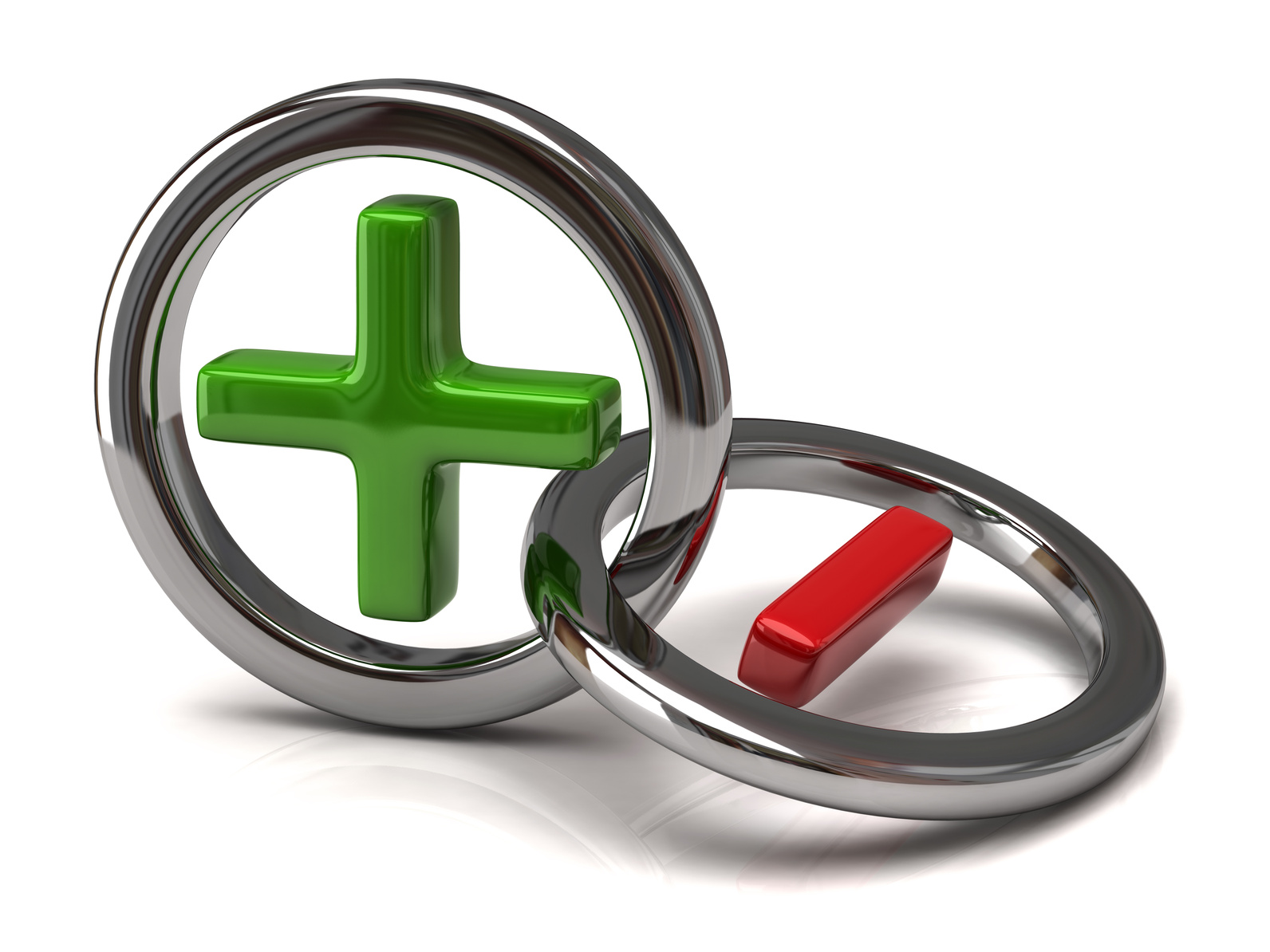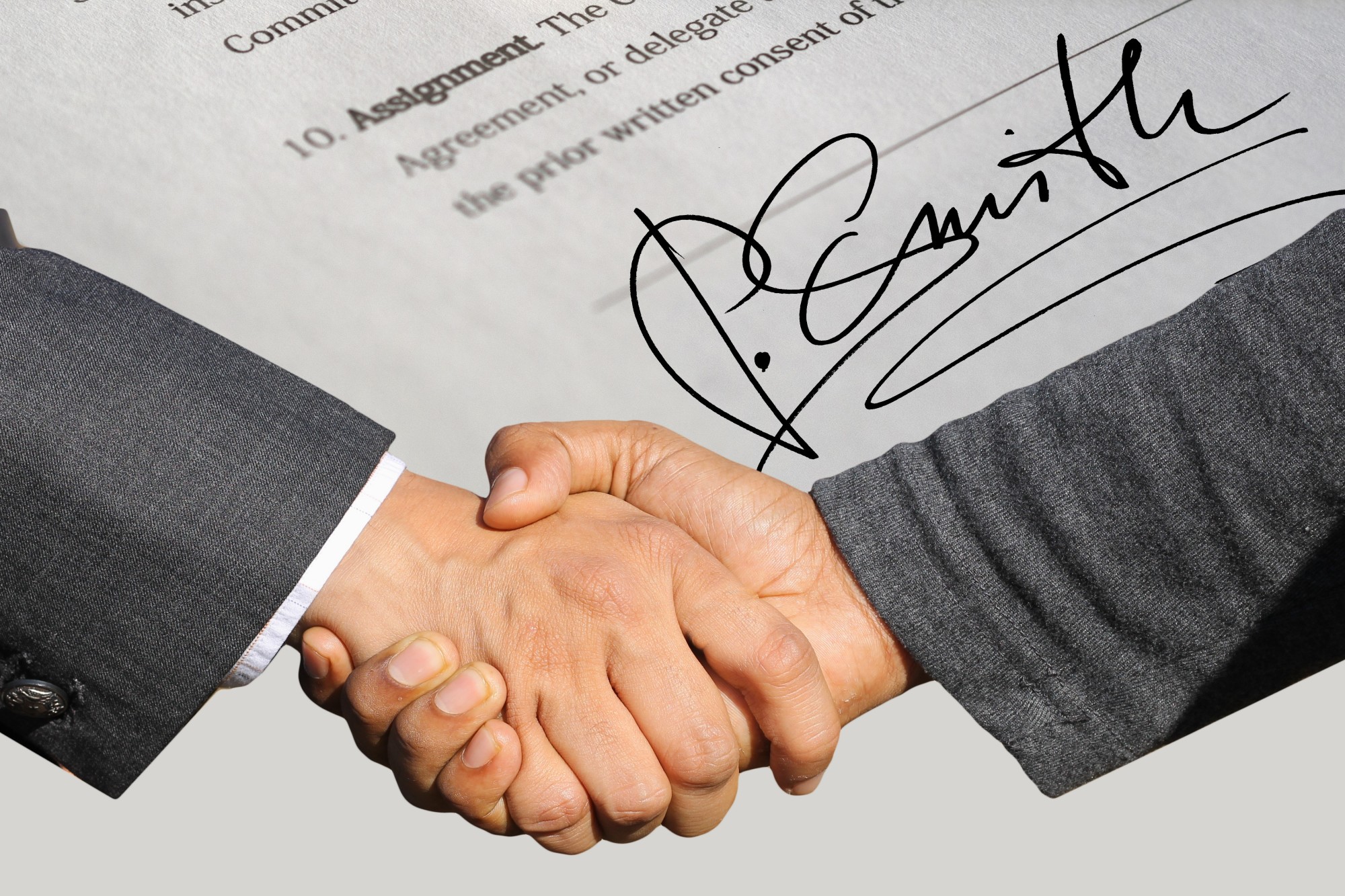 Your estate consists of all of the assets that belong to you; these estate assets may have a positive balance and add to the value to your estate, or they may have a negative balance amount and diminish the value of your estate.
Your estate consists of all of the assets that belong to you; these estate assets may have a positive balance and add to the value to your estate, or they may have a negative balance amount and diminish the value of your estate.
Given that there are no loans or other negative balances, the following estate assets will add value to your estate:
– Actual Money: Cash, checking and savings accounts
– Certificates of deposit
– Your investment portfolio: stocks, mutual funds, and bonds.
– Your retirement funds: pension funds, 401(k), IRAs, and any other money reserved for retirement.
– Profit-sharing funds with employer
– Your possessions: your house, vehicles, boats, equipment, livestock, furniture, household appliances, jewelry, other valuables, etc.
– Insurance products, especially life insurance
– Your business: any funds or ownership interest of your business
– Annuities that you have coming to you
– Home equity
– Anything else that you consider valuable, both sentimentally and monetarily.
Estate assets that carry a negative balance and will usually diminish the value of your estate are:
– Mortgages
– Unpaid Loans
– Credit card debts
– Outstanding judgments
When going through the estate planning process, it is important to asses all of your estate assets, both positive and negative in order to properly plan. If you need a will, trust, or assistance with other estate planning tools, contact Boyer Law Firm’s estate planning attorneys today.





